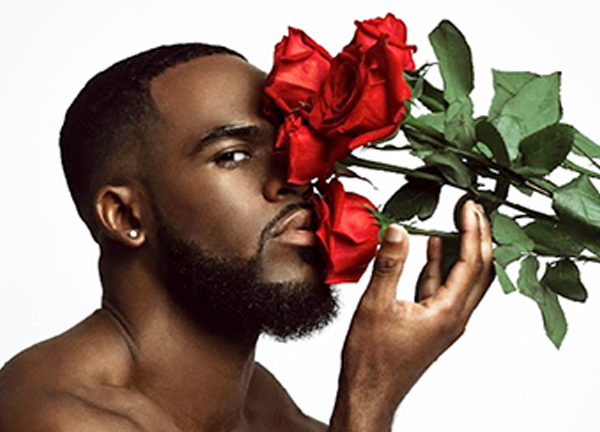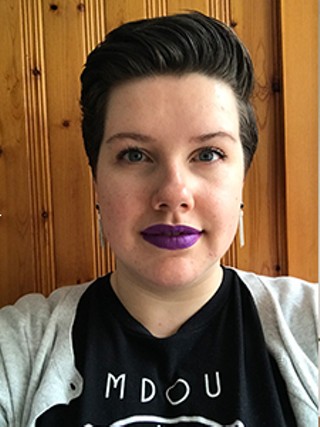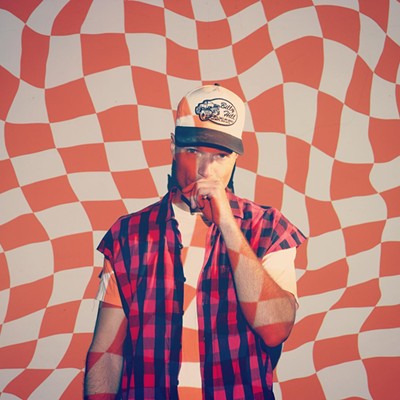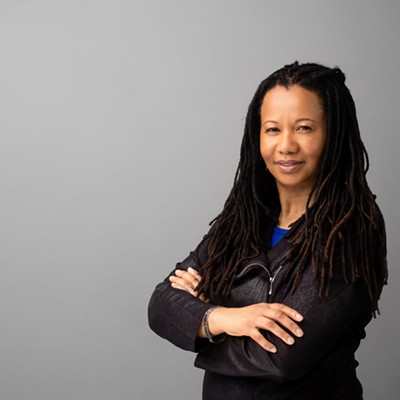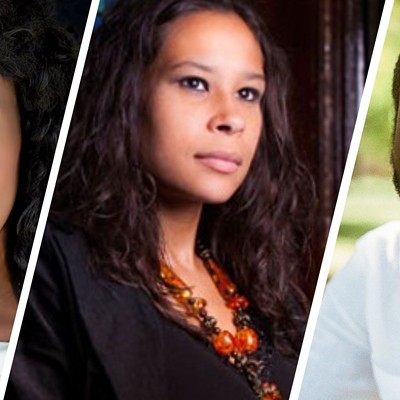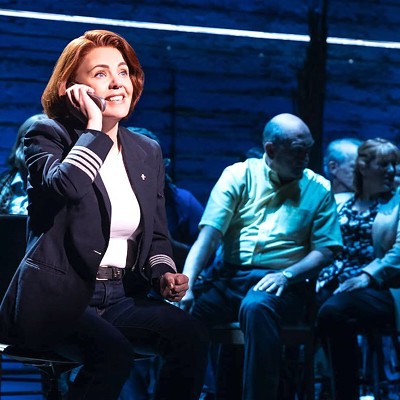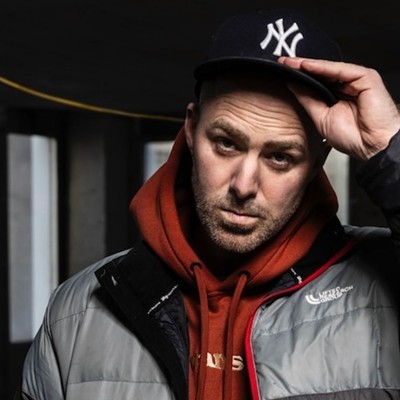The first noise that bubbles up on Gary Beals’s Bleed My Truth—the triumphant comeback album by the former Canadian Idol star from Cherry Brook—is the sound of slowly plucked strings. In the space between notes, there’s a palpable sense of expectation, a screwing up of courage for what’s coming next. By the time Beals sings “I expose who I really am to you/I lay bare naked in front of you” in a creamy hush that evokes John Legend, you’ll know, suddenly, that this is what being who you are sounds like: Crashing cymbals, climbing falsetto and a sonic palette equal parts alt-R&B and silk-sheet classic, immediately habit-forming in its addictiveness.
If you’re feeling like this is the record you’ve been waiting years for, hungry for these sorts of vitamin-enriched lyrics on self-love and acceptance that’d make Lizzo or serpentwithfeet proud, you’re not the only one. Since Beals dropped Bleed My Truth in October 2020, the singer-songwriter hasn’t been able to keep it in stock. Even in the post-HMV, Spotify-dominated landscape of modern music, his limited runs of CDs have been selling out in a matter of days. (“I mean there's a large group of people who still listen to CDs,” he tells The Coast by phone, before adding, with a laugh, “I don't have anything to play my CD on.”)
How lucky for all of us who’ve become addicted to the positive vibes of his music, then, that he announced a new drop of vinyl records late last month. Act quick, and you might just have the chance to own one of the best R&B records of recent years—with the 2020 African Nova Scotian Album of The Year award to back it up—on wax. (Hit up Beals' online store if you, too, have a credit card burning your pocket up.)
In short, it's fair to say it was worth the decade-long wait, a time Beals spent "soul searching and just living life outside of the spotlight": "I always wanted to be authentic with myself and with my music, but I just felt like I just I wasn't at that time where I really could," he recalls.
“The second album”—that’d be 2009’s The Rebirth Of…— “I would say ‘she’ or ‘girls’ and just like it just didn't feel right,” Beals, a member of the 2SLGBTQ+ community, begins by way of explaining his 11-year dry spell between releases. “It was just kind of maneuvering through life, and just, I guess, not showing parts of myself, and it just became too much. And then I was just like: ‘The joy that I feel being around my [2SLGBTQ+] friends? I want to be like that when I'm around everybody.’ And yeah, it was just years of that internal struggle.”
The expectations—societally and culturally—on the 20-year-old, then-closeted Beals in his career’s early days were crushing. “Just showing up small: Like, even when I would perform, I wouldn't perform like I perform now, because I was always concerned about what somebody else thought of me or what the perception was gonna be,” he recalls. “I was constantly holding space for my community, and for my family.”
He takes a breath. “That's really when I lost the passion for music, because I couldn't be myself.”
Coming back to music, then, would mean having to do so on his own terms. The wholeness and authenticity Beals has finally been able to claim soaks into every second of Bleed My Truth, and that realness is what sets the 10-track effort apart from the sea of other R&B albums naming Marvin Gaye as an influence—or even from the rest of his catalogue. For a genre that’s all about love, sex, romance and connection, the story you’re singing about has to come from a place of truth or else our ears won’t buy it. No wonder, then, the real Beals keeps selling out so fast.
“I was such a vibrant young child, and you know, I just lost parts of myself along the way. And so you put on all of these layers of expectation and opinions, and you walk through life, with all of this baggage, all of these clothes on. And it feels so amazing to remove it and just learn that it is OK to show up as yourself,” Beals says, stopping a few times to quell tears. “Sometimes it's hard for me to articulate because I've always desired to be there, and I think I always knew that I would get there, but I just didn't know when.”
Turns out, it’s now—with a sound Beals says is influenced by the likes of Bruno Mars and, of course, his time spent learning to sing in the rich cultural tradition of North Preston and Cherry Brook’s gospel scene. “There were times that I would sing, and the reaction that I would get from the crowd: I knew that I had a gift,” he says.
“I worked with the producer LOSH, and he can just like: ‘Do Gary and whatever Gary is, sing that.’ And I would just go in the booth and just experiment, and it was so amazing because, at the point where I was just embracing all of myself. To really just explore different parts of my voice as well,” Beals adds. “We can be happy. Like, we can enjoy life. And we're supposed to. It just feels so good to bask in those emotions of joy and happiness.”

